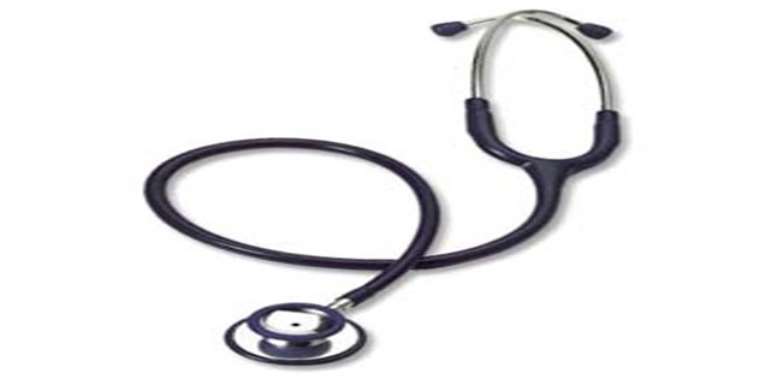Who Needs Surgeon General of the Federation? - THISDAY

Heeding the call of our medical practitioners to appoint a Surgeon General from their ranks could cause needless friction in the sector among the different health professionals
Available reports indicate that President Goodluck Jonathan may have bowed to the demands of the Nigeria Medical Association (NMA) to appoint a Surgeon General of the Federation, who must be a medical doctor. Since Nigerians, whenever it is convenient, like to copy from the United States, it is easy to see that the inspiration for the agitation is also coming from that country which indeed has such an office that serves as 'the operational head of the United States Public Health Service Commissioned Corps (PHSCC)' and is regarded as the leading spokesperson on matters of public health in Washington.
However, it is very clear that our medical doctors who are eager for one of their own to become the Surgeon General of the Federation do not even understand what it entails in the country from which they want to borrow the idea. Established in 1798 by an Act of the American Congress, the US Marine Hospital Service was to provide healthcare to sick and injured merchant seamen and was to be headed by the Surgeon General. In 1870, it was reorganised as a national hospital system with centralised administration under a medical officer, who would be nominated by the US President and confirmed by a majority vote of the Senate. In the US, the Surgeon General serves a four-year term but is usually the senior or second-highest ranking uniformed officer of the PHSCC. While the office periodically issues warnings on health issues, including on lifestyle choices, its core responsibility is to the Commissioned Corps, 'a 6,500-member cadre of health professionals who are on call 24 hours a day, and can be dispatched by the Secretary of HHS or the Assistant Secretary for Health in the event of a public health emergency.'
What the foregoing suggests is that the office of the Surgeon General is not a glamorous political office that entitles the holder to the use of siren and long convoy of vehicles, a retinue of aides, security votes and all such attractions of public office in our country. It is a professional office that reports to the Secretary of Health (Minister of Health in Nigeria) with specific duties and a core of professional staff with difficult assignments. The point therefore is that the structure to support the creation of such an office is not in place in Nigeria; neither is it really necessary for effective healthcare delivery. We therefore see the call by the NMA as not only diversionary but ill-conceived.
At a time our country is on record as having the highest malaria cases in the world with a contribution of 23 per cent or nearly one quarter of the global malaria cases, when Nigeria is also responsible for about 11 per cent of global maternal mortality rate, when water-borne diseases like cholera are ravaging several parts of our country, when leprosy is coming back and our healthcare delivery system is in near-collapse etc, the last thing we need is to saddle ourselves with another expensive bureaucracy that could even become a source of needless friction given the opposition to the idea by other health professionals who see in the call by medical doctors as nothing more an attempt to prove their superiority in that sector.
We recognise and appreciate the critical roles that our medical personnel are playing under difficult circumstances and we will always push any agenda that we believe would help them in the discharge of their duties. But we do not believe that the creation of the office of the Surgeon General of the Federation would add any value to their work or the healthcare delivery system of the nation beyond the privileges it would confer on the medical doctor who is so appointed. Therefore, we call on the Federal Government to perish such idea that will only add to the growing cost of servicing bureaucracy in Nigeria
